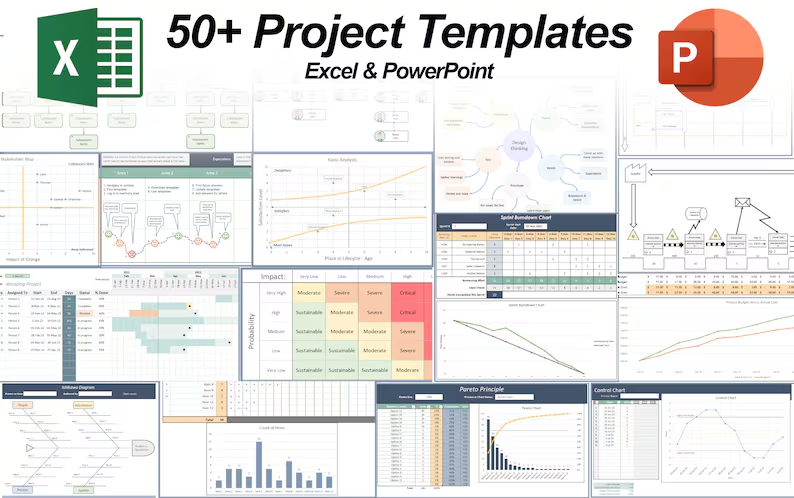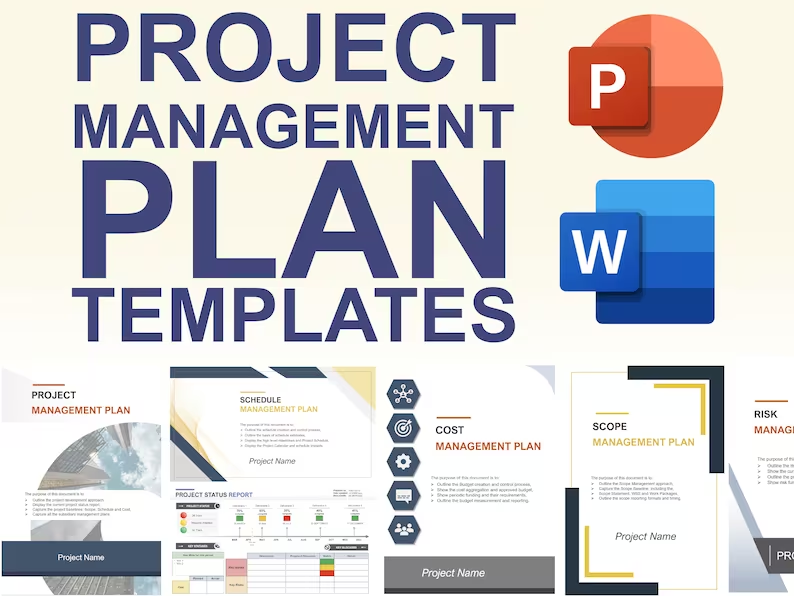Click the video above to view
 Are You Ready for the PMP Exam? Here’s a Simple Cheat Sheet to Find Out!
Are You Ready for the PMP Exam? Here’s a Simple Cheat Sheet to Find Out!
If you’re wondering whether you’re ready to take the PMP exam, you’re not alone. Many people ask the same question. The PMP exam is tough because it tests your knowledge of project management, which can be challenging. But don’t worry! There’s a way to figure out if you’re ready, and I’m here to help.
Over the past year, I’ve spent a lot of time learning from practice questions and teaching thousands of students to pass the PMP exam. I’ve created a cheat sheet to help you prepare. Let’s break it down into three simple sections: People, Process, and Business Environment.
1. People: Understanding the Team
The first area is all about the people involved in the project. This is the largest part of the exam, making up 42%. Here’s what you need to know about the people you’ll work with:
Roles and Responsibilities: Understand the roles of the project sponsor, project manager, team members, and others involved.
Conflict Management: Learn five ways to solve problems and when to use each technique.
Negotiation: Know how to negotiate for resources and get things done.
Leadership: Learn about leadership styles, like servant leadership, which is most important for the PMP exam.
Team Communication: Understand how to communicate clearly with your team and stakeholders, and use tools like the basic communication model.
Emotional Intelligence: Be aware of your own feelings and how to manage them to work better with others.
This part also includes other things like stakeholder analysis and managing the team’s progress. If you’re familiar with these ideas, you’re on the right track!
2. Process: Managing the Project
The second section, which makes up 50% of the exam, focuses on project management processes. These processes are divided into Predictive and Agile methods.
Predictive Process:
Planning: You’ll need to understand how to develop a project plan, define the project scope, schedule, and budget.
Scheduling: Know how to use tools like critical path method, precedence diagrams, and float/slack to keep your project on track.
Risk Management: Understand how to identify risks, create a risk register, and come up with responses.
Monitoring: You’ll need to know how to check your project’s progress and handle any changes.
Closing: Finally, you’ll need to know how to properly close a project and deliver it to the customer.
Agile Process:
In Agile, projects are managed differently, often in short bursts called Sprints. You’ll need to know:
Product Backlog: This is where work is stored. Learn how the product owner prioritizes the tasks.
Sprints: A team works on tasks during a Sprint. Afterward, they review their work with the customer and make improvements for the next Sprint.
Ceremonies: These are meetings like daily stand-ups and Sprint reviews that help the team communicate and solve problems.
Both of these processes are important to understand because they make up a huge portion of the PMP exam. If you know how these work, you’re in a good spot!
3. Business Environment: Delivering Value
The last part of the exam focuses on delivering value, which makes up 8% of the exam. As a project manager, you must be able to:
Understand Business Needs: Know how to create a business case to explain why a project is needed and how it will deliver value.
Measure Value: Use tools like cost-benefit analysis, net present value, and return on investment to measure the project’s success.
Align with Organizational Goals: Your project should support the bigger goals of the organization.
Even though this section is smaller, it’s still important to know how projects create value for the company or customer.
Are You Ready?
Now that we’ve covered the three main areas of the PMP exam—People, Process, and Business Environment—take a moment to think about what you know. Do you feel confident in these areas? If not, it’s okay! You can always go back and study the areas where you feel less prepared.
Remember, studying for the PMP exam takes time, but with effort and focus, you can do it. Stay positive, keep learning, and you’ll be ready to pass the PMP exam. I believe in you!
Good luck, and keep up the great work!
See more PMP articles:
- Explained: What Does a Business Analyst Do?
- Get David McLachlan’s Udemy Courses for $14.99 During March 2025
- Pass Your Exam With These 3 Powerful Psychology Tricks
- Want to Pass your PMP? Don’t Do These 6 Things
- What To Do If You Don’t Have A Product Owner
- Is the PMP Relevant in the Real World?
- The PMBOK Guide 8th Edition Draft – My Feedback
- Never Escalate, Never Close – Bad Advice for your PMP Exam
- The PMP Cheat Sheet – Are You Ready for the Exam?
- The PMP Fast Track
You can see what people are saying about David McLachlan here: REVIEWS
Navigate to Free Project Management and Leadership Articles through the links on the right (or at the bottom if on Mobile)



